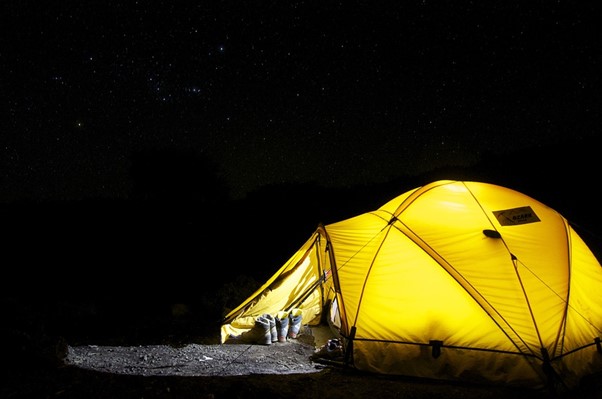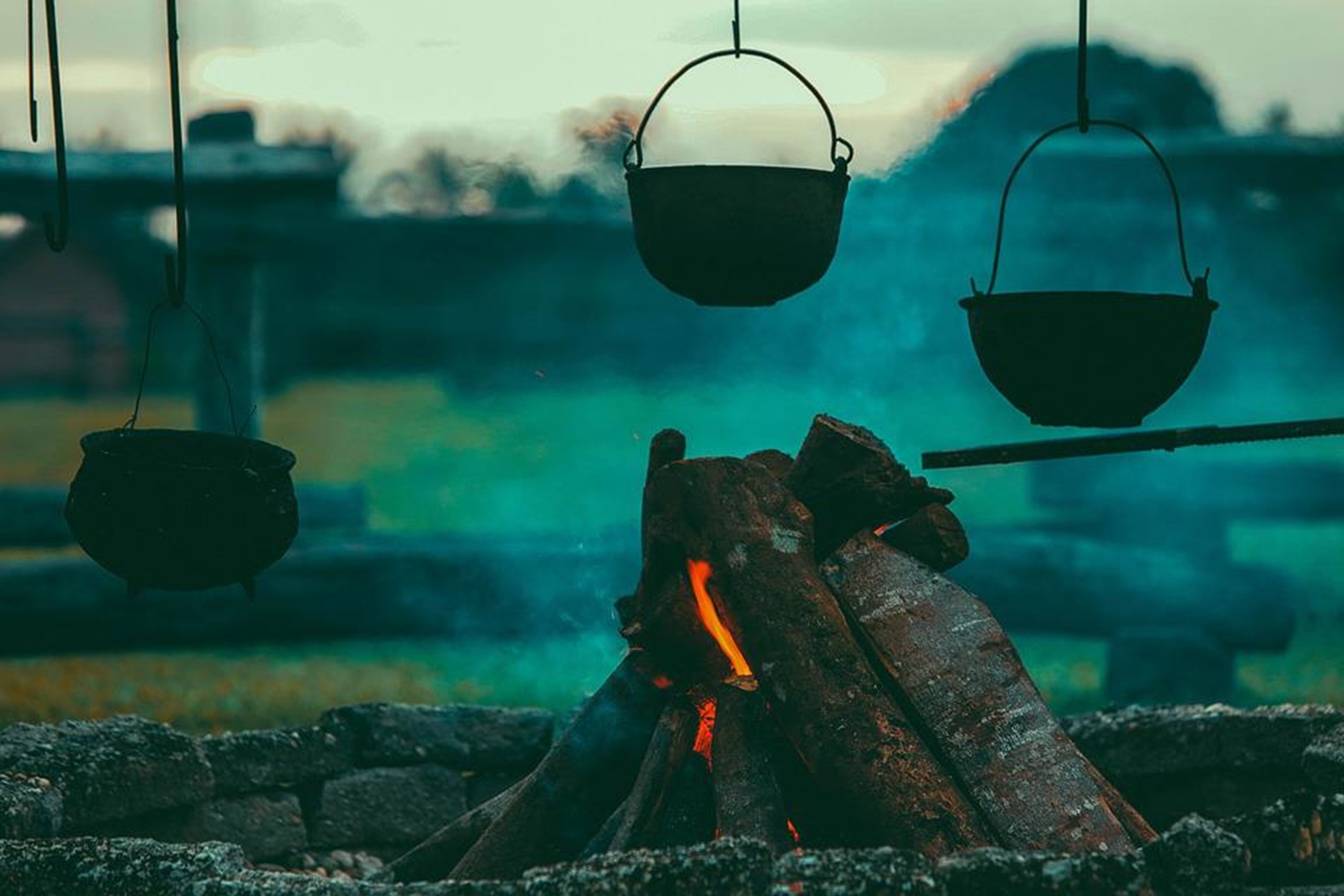When it comes to camping, many people like to mix things up by adding a fishing excursion into their trip. Fishing can be a great way to relax and take in the natural beauty of your surroundings. However, if you’re not familiar with the area, it can also be a bit daunting trying to plan out a route that incorporates both camping and fishing.

Here are a few tips to help you plan the perfect camping and fishing trip:
1. Do Your Research
Before you head out on your trip, it’s important to do some research about the area you’ll be visiting. This includes finding out what kind of fish live in the body of water you’ll be fishing in, as well as what kind of bait or lures they prefer.
For example, if you’re planning on fishing in a river or stream, trout are likely to be one of the main types of fish you’ll encounter. When it comes to bait, worms or small insects are usually best.
Additionally, you should also research the best spots to fish in the area. This way, you can make the most of your time and increase your chances of catching fish. When you’re getting into fishing for the first time, you might want to consider hiring a guide to show you around the best fishing spots. Plus, they can also give you some helpful tips and tricks.
2. Choose the Right Gear
Once you’ve done your research, it’s time to start packing for your trip. When it comes to fishing gear, there are a few essential items you’ll need, such as a rod, reel, line, hooks, and bait.
If you’re not sure what kind of gear to get, your local sporting goods store will have everything you need. Or, you can always ask a friend or family member who’s into fishing for some recommendations.
Essential camping gear includes a tent, sleeping bag, and camp stove. If you’re planning on hiking to your campsite, you might want to consider investing in a backpack that’s specifically designed for camping. This way, you can easily carry all of your gear with you.
3. Make a Plan
Once you have all of your gear, it’s time to start planning your route. If you’re not familiar with the area, it’s a good idea to pick up a map before you leave. This way, you can plan out the best route to take based on where you want to fish and camp.
When you’re making your plan, it’s important to consider the distance you’ll be traveling each day, as well as the terrain. For example, if you’re planning on hiking through rough terrain, you might want to take a shorter route so that you don’t exhaust yourself.
In addition, you should also plan for contingencies, such as bad weather or getting lost. It’s always better to be safe than sorry, so it’s a good idea to bring a compass, first-aid kit, and extra food and water just in case.
4. Be Prepared for the Unexpected
Even if you’ve done your research and planned out your route, there’s always a chance that something unexpected could happen. That’s why it’s important to be prepared for anything.
For example, if you get lost, make sure you have a compass so you can find your way back to the trail. And, if you run into trouble while fishing, always have a first-aid kit on hand in case you get a hook stuck in your finger or line wrapped around your leg.
5. Make Sure You Have a Fishing License
Depending on where you’re going, you might need to purchase a fishing license before you can start casting your line. In most cases, you can buy a license at your local sporting goods store or online.
However, it’s always a good idea to check the regulations for the area you’ll be fishing in beforehand. This way, you can make sure you have everything you need before you leave.
Additionally, if you’re planning on camping in a national park, you might need to get a permit before you can set up your tent. Plus, you might also need to pay a fee. These permits are usually available at the ranger station. You need to purchase a permit so that you can stay in the park overnight.

Planning a fishing and camping trip can be a lot of fun, but it’s important to do your research beforehand so that you can make the most of your time. By following these tips, you’ll be ready for anything that comes your way. So, what are you waiting for? Get out there and start planning your next adventure!
